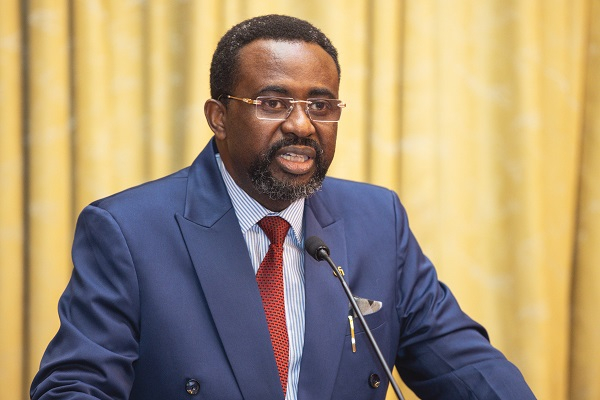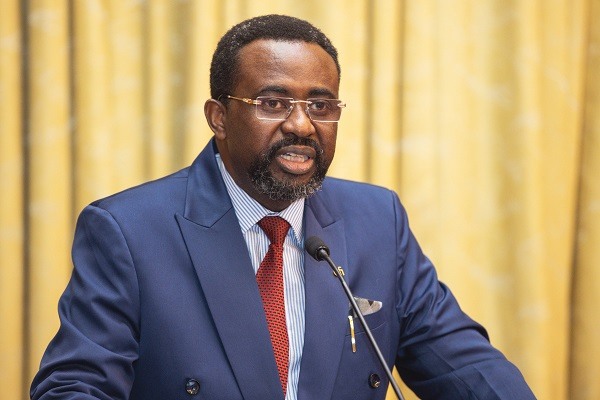All banknotes and coins issued by the Bank of Ghana remain legal tender and must be accepted for all transactions, Governor Johnson Asiama said Thursday, addressing growing concerns over the refusal of smaller denominations in everyday commerce.
Speaking at the central bank’s 125th Monetary Policy Committee press conference, Dr. Asiama underscored that the Ghanaian cedi remains the sole legal currency and should be accepted without hesitation across the economy.
“We strongly encourage the public to accept and use all denominations,” he said. “This is our national currency, and it should be respected and utilised in all transactions.”
His comments follow increasing reports of merchants and service providers rejecting smaller-denomination coins and notes, sparking speculation over whether some of these units had been formally withdrawn from circulation. Asiama dismissed those concerns, stressing that no such action has been taken.
“That concern has been raised previously, and I want to assure you that we are actively looking into it. Rest assured, a solution will be found,” he said.
The governor’s remarks come ahead of the cedi’s 60th anniversary celebration, which will be launched in the coming weeks with President Nana Addo Dankwa Akufo-Addo expected to attend. The event, officials say, is aimed at reinforcing public confidence in the currency and highlighting its critical role in the country’s economic framework.
“As we mark this milestone, we’re calling on the media to support efforts to strengthen the public’s commitment to using the cedi,” Asiama said, pointing to models in countries like South Africa and Kenya where national currencies are firmly embedded in economic culture.
A widespread rejection of legal tender can undermine monetary policy and fuel instability, central bankers warn. Ghana’s monetary authorities have said ensuring universal acceptance of the cedi is vital for preserving trust in the financial system and supporting broader economic goals.














